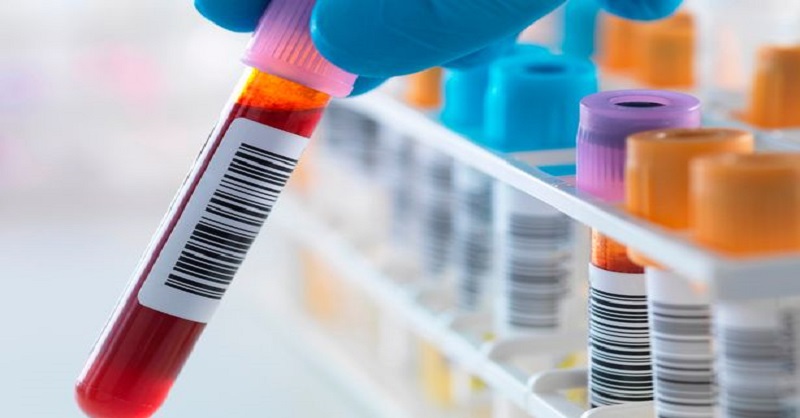
Scientists always come up with various inventions and medicines to help in the betterment and health of patients. This recent discovery is an example.
A British firm is developing what could be the world’s most pioneering liquid invention – ‘real’ artificial human blood.
Like real blood, the liquid acts as a hemoglobin-based oxygen carrier and can be added to the patient’s own blood supply in transfusions.
SpheriTech claims its synthetic blood ‘SpheriSome Hb’ could revolutionize the treatment of trauma patients.
And unlike donated human blood it will never have the risk of containing diseases.
The leading life science company has now received an undisclosed figure from research fund Innovate UK to further develop the product.
For years scientists have been researching possible human blood substitutes.
One, based on bovine hemoglobin, is being trialed in the US while the NHS is developing lab-generated red blood cells made from human stem cells.
Dr. Don Wellings, founder, and MD of SpheriTech based in Runcorn, Cheshire, said: “The use of donated blood in transfusion therapy, while effective in restoring an adequate supply of oxygen in the body of the recipient, has several limitations.
“Although testing procedures exist to detect the presence of certain diseases in blood, these procedures cannot eliminate completely the risk of blood-borne disease.”
Transfused blood can be used only in recipients having a blood type compatible with that of the donor.
He added: “Delays in treatment, resulting from the necessity of blood typing prior to transfusion, together with the limited shelf life of blood and the limited availability of certain blood types, impose constraints on the immediate availability of compatible blood for transfusion in an emergency setting.
“Yet, despite numerous attempts to come up with viable synthetic blood substitutes since the 1980s, there is still not a single synthetic blood substitute currently available for human trauma patients in the US and Europe.
“Blood typing and handling procedures as well as specific storage requirements, limit the feasibility of using donated blood in many cases.
“These limitations become especially aggravated in out-of-hospital emergency situations such as in battlefields, areas struck by natural disasters, terrorist attacks, and other accidents.
“In some developed countries, decreasing numbers of new volunteers giving blood has resulted in a shortage of blood for day-to-day operations.
“While in developing countries access to safe blood supply for transfusions is a constant struggle, due to infectious agents and lack of stringent screening.
“According to the World Health Organisation, 82% of the world’s population does not have access to safe blood.
Dr. Welling. says in addition to its unique properties, SpheriSome Hb also has the ability to be fully excreted from the body.
Also, it will not accumulate in various tissues, and is non-toxic, non-immunogenic, non-antigenic and non-carcinogenic.
The development of the artificial blood is being backed by Innovate UK, the United Kingdom’s innovation agency. Since 2007 Innovate UK has committed over £1.8 billion to innovation, matched by a similar amount in partner and business funding.
It has helped 8,000 organisations with projects estimated to add more than £16 billion to the UK economy and create nearly 70,000 jobs.

Post Your Comments